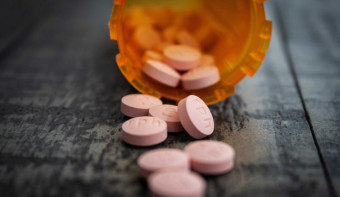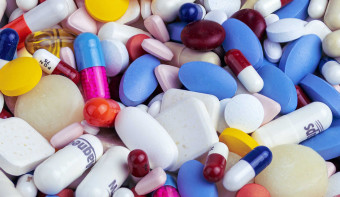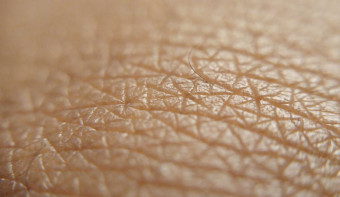About National Triglycerides Day
First observed on March 28th 2018, National Triglycerides Day is an awareness day that emphasizes to patients the value of knowing their triglyceride levels and the importance of diet and exercise for those wishing to live a healthier lifestyle.
High levels of triglycerides is a condition known as dyslipidemia, which can occur on its own or as part of a metabolic syndrome.
Dyslipidemia is a medical condition characterized by abnormal levels of lipids (fats) in the blood. This condition occurs when there are high levels of "bad" cholesterol (low-density lipoprotein or LDL) and triglycerides, or low levels of "good" cholesterol (high-density lipoprotein or HDL).
Dyslipidemia is a major risk factor for cardiovascular diseases such as heart attacks, stroke, and atherosclerosis, as it can cause the buildup of fatty deposits in the arteries. It can be caused by a variety of factors, including genetics, unhealthy diet, lack of physical activity, obesity, and certain medical conditions such as diabetes and hypothyroidism.
Treatment for dyslipidemia often involves lifestyle changes such as healthy diet, regular exercise, and weight management. In some cases, medication may also be prescribed to help manage cholesterol levels.
There are several ways to lower triglyceride levels:
Diet: Eating a healthy diet that is low in saturated and trans fats, added sugars, and refined carbohydrates can help lower triglycerides. Foods that are high in fiber, omega-3 fatty acids, and monounsaturated fats (such as nuts, seeds, avocado, and fish) may also be beneficial.
Weight management: Losing weight, especially if you are overweight or obese, can help lower triglycerides.
Physical activity: Regular exercise can help lower triglycerides, even if you don't lose weight. Aim for at least 30 minutes of moderate-intensity exercise, such as brisk walking or cycling, on most days of the week.
Limit alcohol intake: Drinking too much alcohol can raise triglyceride levels, so limiting alcohol intake is recommended.
Medication: In some cases, medication may be prescribed to help lower triglyceride levels, especially if they are very high or if lifestyle changes are not effective.
It's important to talk to your healthcare provider before making any major changes to your diet or exercise routine, especially if you have other health conditions or are taking medications. They can help you develop a plan that is safe and effective for you.
Similar Observances
National Melanoma Monday
Read More










